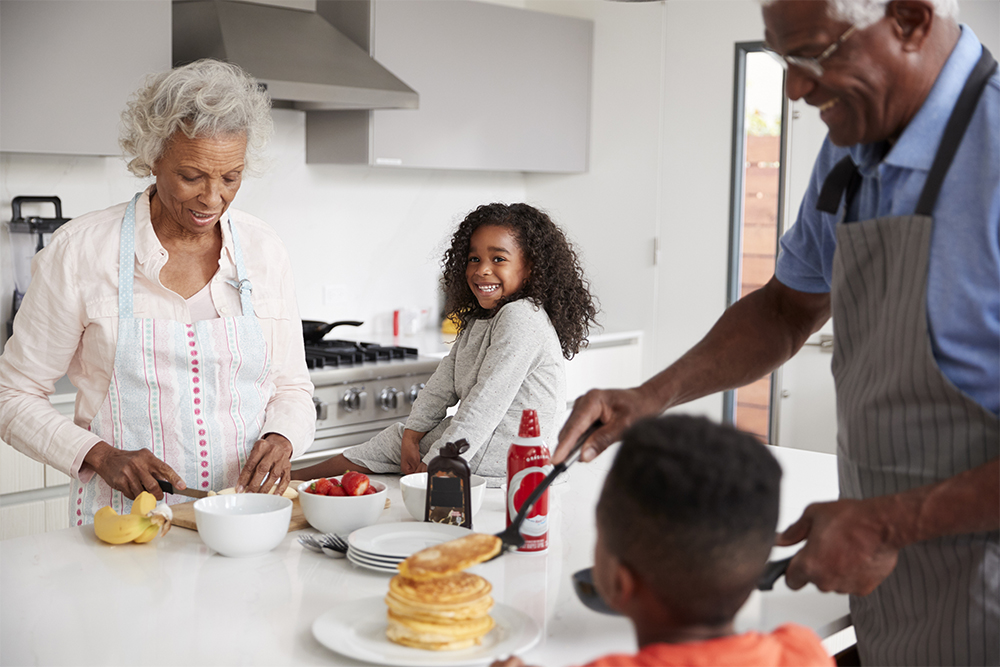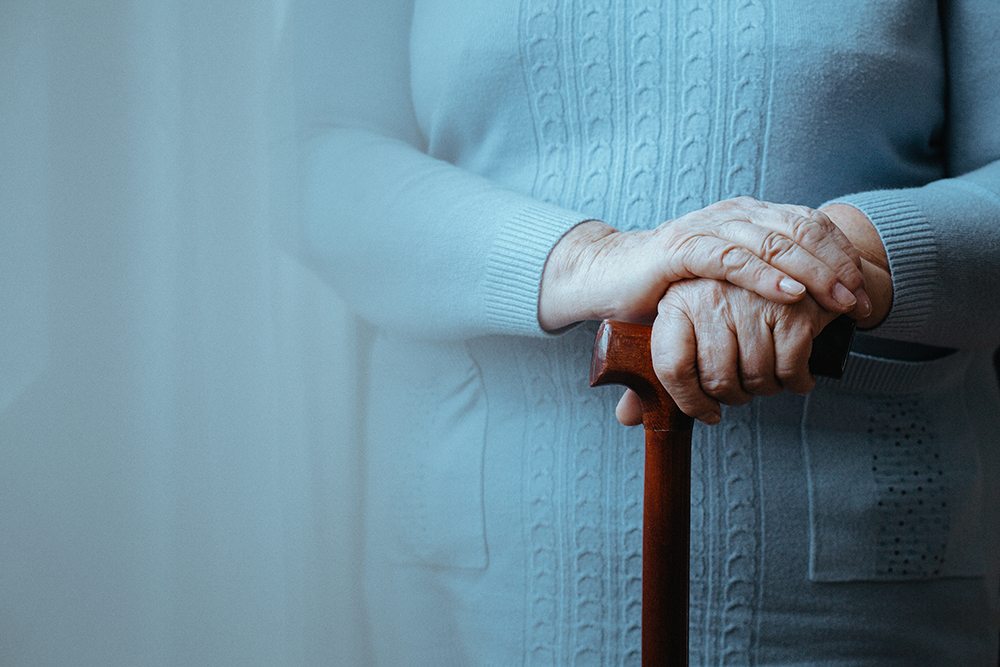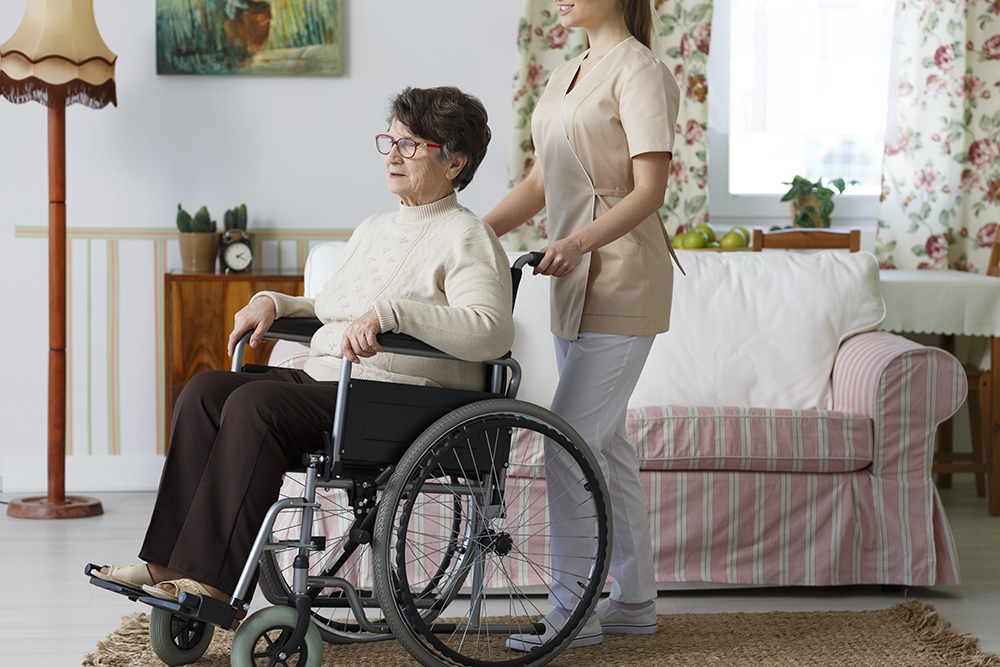3 Winter Safety Tips for Seniors

The winter season can be pose some dangerous risks for seniors. Check out these winter safety tips for seniors to ensure the safety of your loved ones.
Helping Seniors with Money Management

Part of proper senior care is helping with money management. Here are some tips to help seniors with their finances.
Signs that a Senior Driver May Need to Hang Up the Keys

Whether you are a senior driver yourself or know someone who is, keep an eye on these signs that it may be time to stop driving to prevent accidents.
Carolina Impact Shares the Struggles of Caring For an Aging Parent
Ramona Holloway of the Matt & Ramona show on WLNK in Charlotte is experiencing a major life change as she is caring for a parent who was diagnosed with dementia. BlueDot’s caregiving team has appreciated the opportunity to help with Ramona’s home care services for her mother, Wheezy. “Dementia is one of the few diseases […]
Senior Activities To Enjoy With Your Grandchildren

Limited mobility should not hinder your ability to bond with your grandchildren. Here are some creative and fun senior activities to do with your grandkids.
The Importance of Daily Human Interaction for Seniors

Regular human interaction for seniors is more critical than many people realize. BlueDot Cares offers seniors the gift of pure companionship.
Recognizing Signs of Dementia

Look out for these signs of dementia in your aging loved one, and find out how to get help for them with home health care assistance.
How Seniors Can Overcome Boredom

Keep a loved one healthier with a variety of senior activities that are provided by a professional assisted senior care provider in Charlotte, N.C.
Tips for Staying Heart Healthy

If you want to keep your heart healthy for life, then it may be time for you to reach out to our qualified and experienced home care professionals.
Dependable Senior Transportation in Charlotte and Cleveland

BlueDot Cares is a credible home care agency that can assist senior citizens with senior transportation in Charlotte, NC and Cleveland, OH.





